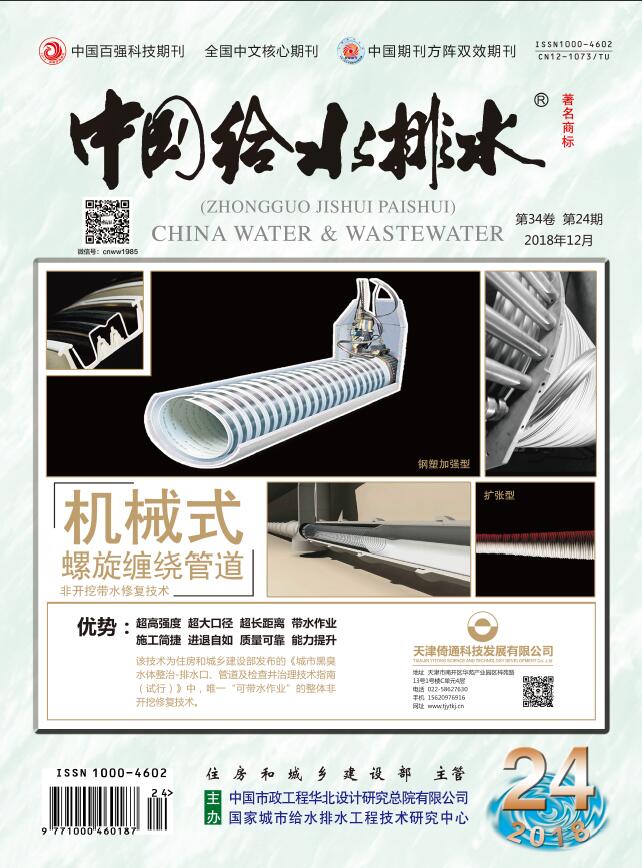ZHANGXin,YU Si-wei,JIA Jiang-hui,et al.Research Progress of Aerobic Granular Sludge in Reducing MBR Membrane Fouling[J].China Water & Wastewater,2024,40(8):28-33.
Research Progress of Aerobic Granular Sludge in Reducing MBR Membrane Fouling
China Water & Wastewater[ISSN:1000-4062/CN:12-1073/TU]
volume:
第40卷
Number:
第8期
Page:
28-33
Column:
Date of publication:
2024-04-17
- Keywords:
- aerobic granular sludge; membrane bioreactor; membrane fouling; membrane fouling resistance; particle size; extracellular polymeric substances
- Abstract:
- The membrane fouling in membrane bioreactor (MBR) is always one of the main challenges faced by researchers, and the introduction of aerobic granular sludge (AGS) is a new way to control membrane fouling. The effect of AGS on the characteristics of MBR mixed liquids is introduced. Based on the comparison analysis of aerobic granular sludge membrane bioreactor (AGMBR) and traditional MBR, the membrane fouling and the distribution of membrane resistance in AGMBR, and the characteristics of AGS (particle size distribution, composition and content of extracellular polymeric sbustances), were systematically explored. The mechanism of membrane pollution mitigation was further discussed. By adjusting the particle size of aerobic granular sludge and controlling the content of soluble microbial product (SMP) and extracellular polymeric substances (EPS) to maintain the stability of granular sludge, the membrane fouling rate can be significantly reduced and the service life of the membrane can be prolonged. The introduction of mature and stable AGS to improve the characteristics of mixed liquids has broad prospects for MBR membrane fouling control. However, the engineering application of the AGMBR process needs further study. Strengthening the stability of AGS and further clarifying the influence of AGS on the MBR system are still an important research direction in the future.
Last Update:
2024-04-17

